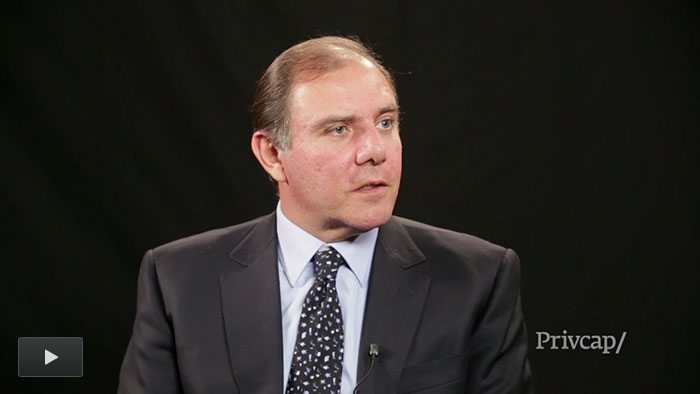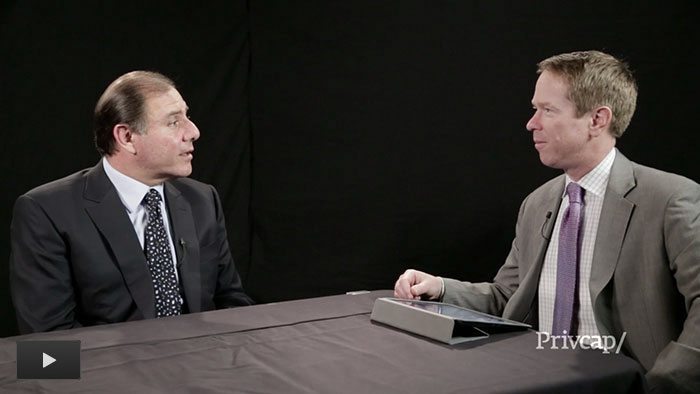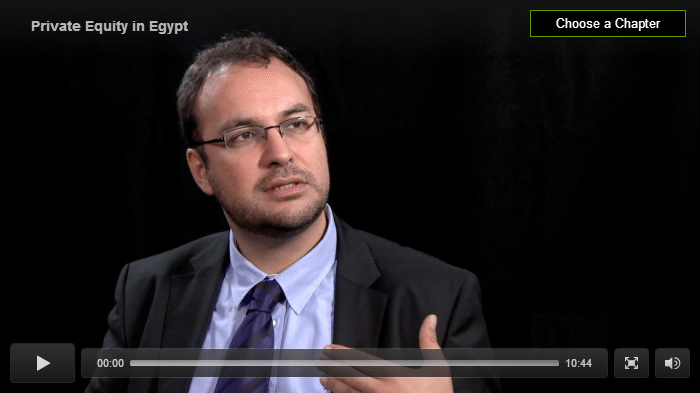The GCC-Plus-Two
A group of investment bankers built their reputations in the Middle East and North Africa after handling eight of eleven privatizations across the region. So when they formed GrowthGate Capital in 2007, fundraising from local LPs was a breeze.
Karim Souaid, one of GrowthGate’s founders, says it’s now time for investors across the globe to realize the Middle East’s middle market is not only safe and lucrative, but also “relatively easy” to navigate.
What’s the most critical factor for foreign investors to know about private equity in the Middle East?
Where you invest holds more weight than the sector you invest in. Our Bahrain-based firm keeps a strict focus on the GCC (Cooperation Council for Arab States of the Gulf) “plus-two”—that’s Bahrain, Kuwait, Oman, Qatar, Saudi Arabia, and the United Arab Emirates; the plus-two are Jordan and Morocco. We view the GCC as being more of a cohesive and coherent economic bloc and we like the companies we find there.
The Middle East has had lots of bias towards it and we hope LPs and GPs look beyond the CNN headlines. But I think that the stability of the region in the GCC-plus-two have proven that they are less volatile than some of the more developed markets, such as Greece, Portugal and Spain.
What does the GrowthGate portfolio reveal about the GCC investment opportunity?
The common thread among all of our investments is that they are service-oriented, asset-light, management-driven, profitable, but most importantly, scalable businesses.
So no gas plays?
Investing in the Middle East is relatively easy from a division of labor. Certain sectors are dominated by the government, so you need not bother. This includes oil and gas, infrastructure, national transportation, utilities, power generation, large telecoms, large banks, and even healthcare. So what’s left are the service businesses: waste management, logistics, media and the rest.
Within these service sectors, we follow a buy-and-build model, which everybody scorned at first. But we always said that the Middle East is a middle-market play, with strategic minorities and a buy-and-build angle.
Why did your strategy face a lot of criticism? How does the ‘buy-and-build’ model work in the GCC and MENA?
Many private equity managers wanted to beef up propositions and talk mega-deals that would require majority control. Also, doubters, who came from all levels, believed the minority stake would have too little influence on companies. But we found that the minority approach is very interesting in our part of the world because you avoid paying a premium for control.
Secondly, most of these companies are founded and owned by the same family, so all the management expertise resides with these people. We don’t have a shortage of capital in the Middle East; we have a shortage of talent. So if you buy a majority of a company, you’d better be prepared to come and run it. ■
Karim Souaid, one of GrowthGate’s founders, says it’s now time for investors across the globe to realize the Middle East’s middle market is not only safe and lucrative, but also “relatively easy” to navigate.



